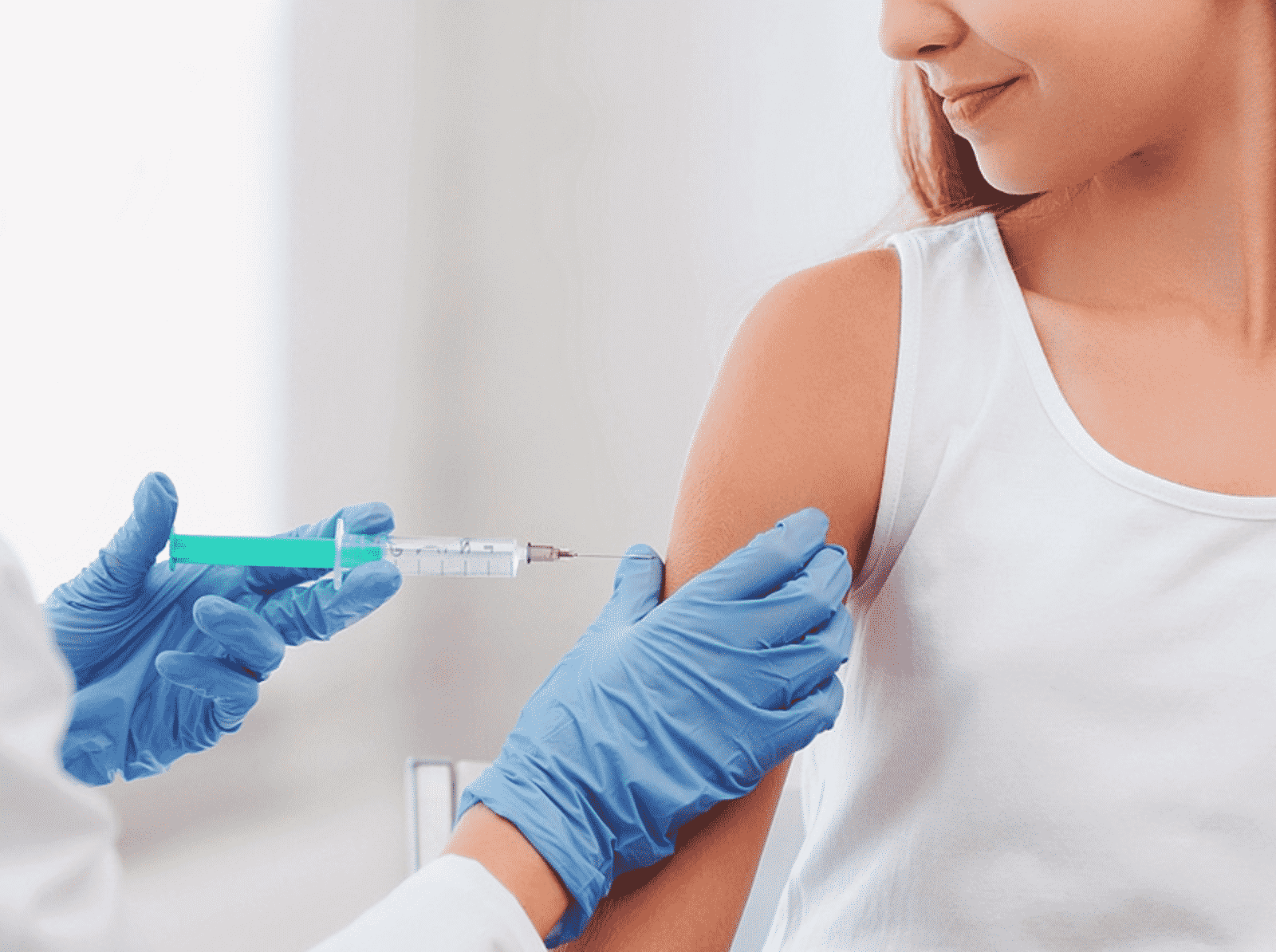
For the first time in our lifetime, there is a vaccine to prevent cancer, specifically cervical cancer! I would like to provide an update on the latest advances in the HPV vaccines for the human papillomavirus, commonly known as HPV. Cervical cancer is preventable. HPV infection causes cervical, vaginal, and vulvar cancers in women; cancer of the penis in men, and genital warts in both females and males. HPV is sexually transmitted. The Advisory Committee on Immunization Practices (ACIP) has recommended the vaccination against HPV since 2006. The HPV vaccines are highly effective, safe, and very powerful in preventing HPV infections and HPV-related cancers.
In 2006, the vaccine was approved and licensed for use in the United States for females between the ages of 9 and 26. By 2011, it was also recommended for males ages 9-26. In those years, the vaccine, Gardasil, targeted four types of HPV viruses while the vaccine Cervarix targeted only two types of HPV viruses. Over the years, most providers recommended Gardasil, as it targeted four types of HPV viruses, two of which were considered high risk for the development of cervical cancer—HPV 16 and 18. As of 2016, there is a “9 valent HPV vaccine” called Gardasil 9, now offered in the United States. Incidentally, I heard a speaker from the Center of Disease Control last fall stating that once fully available, Gardasil 9 would be the only vaccine recommended going forward. The ACIP committee does recommend initiation of the HPV vaccine at ages 11-12, often with a school physical. Administered in the muscle of the upper arm, the vaccine is given to both females and males in a 3-dose schedule. The second injection follows in 1-2 months and the third injection being given 6 months later.
The good news is that the vaccine is now recommended in a 2-dose schedule! If children receive the vaccine under the age of 15, it only requires TWO injections instead of the three previously recommended, unless they have medical reasons such as immune deficiency which would still require 3 doses. The first dose would be given to boys and girls at age 11 -12 (could start as early as 9 years old). The second dose would be given 6-12 months later. Recent studies have found that two doses work as well as three in preventing the HPV infection. If adolescents were 15 and older when they received the first vaccine, they should still follow the 3-dose schedule. The vaccine is not recommended during pregnancy. Check with your insurance company to determine your coverage of the vaccine. Your primary care providers, pediatricians, and local health departments provide the vaccine.
Lastly, please get your screening pap smears to determine if you have the HPV virus or abnormal cells that could lead to cervical cancer. This is the only way to determine if you have the HPV virus. Talk further with your health care provider if you have concerns or questions. Also, please consider having your children and loved ones vaccinated against this virus. Remember that HPV can be prevented if people are educated about the risks of unprotected sexual encounters, the value of abstinence, the use of condoms with sexual activity, and this vaccine that can prevent several types of cancers. Talk to your children about the risks of premarital sex and consequences that can last a lifetime, emotionally and physically.
To your health,
Terry Polanin, MSN, FNP-BC
